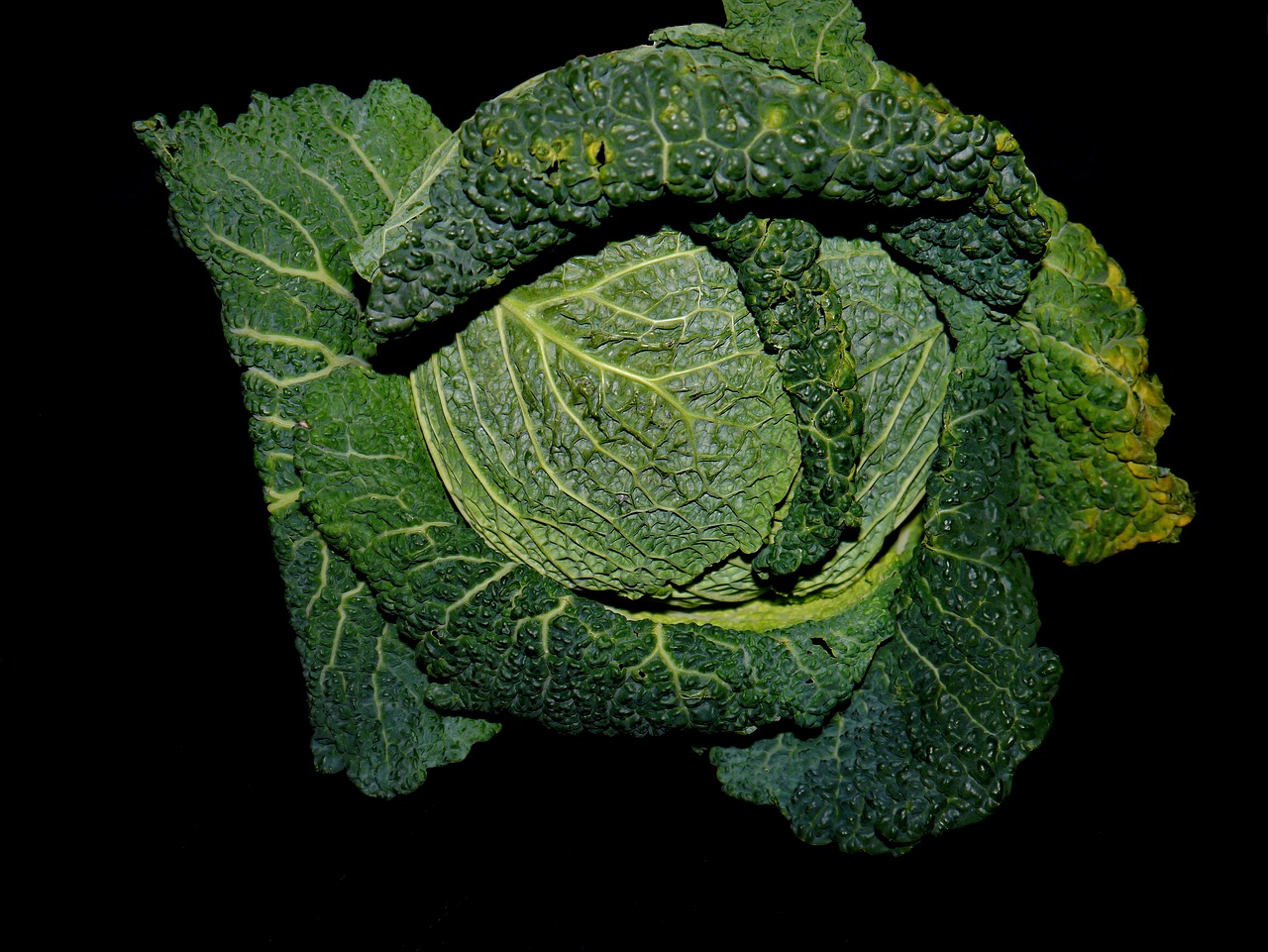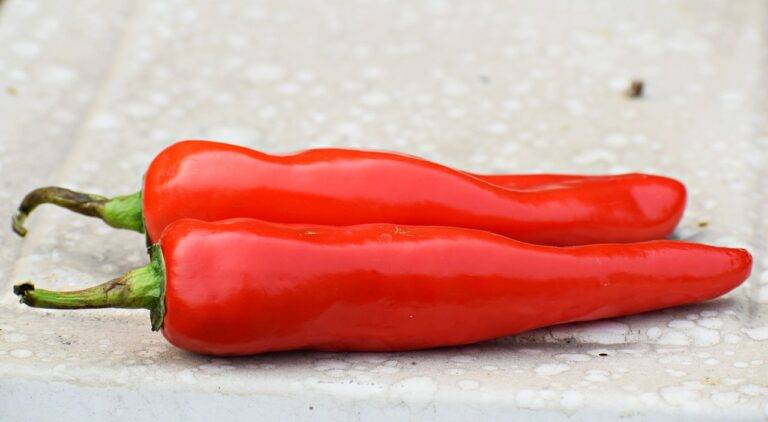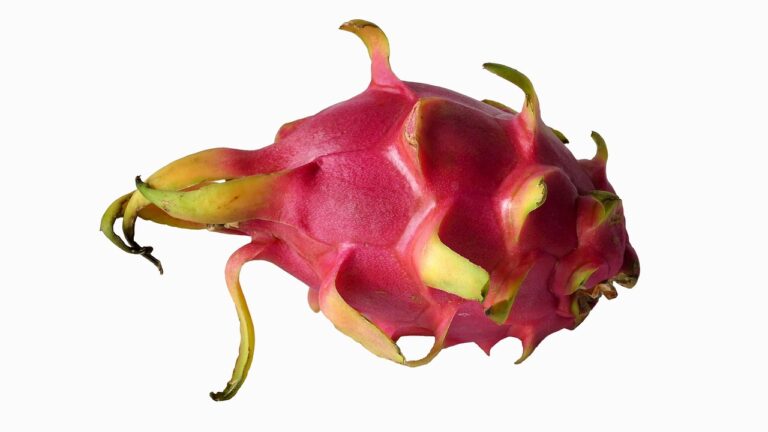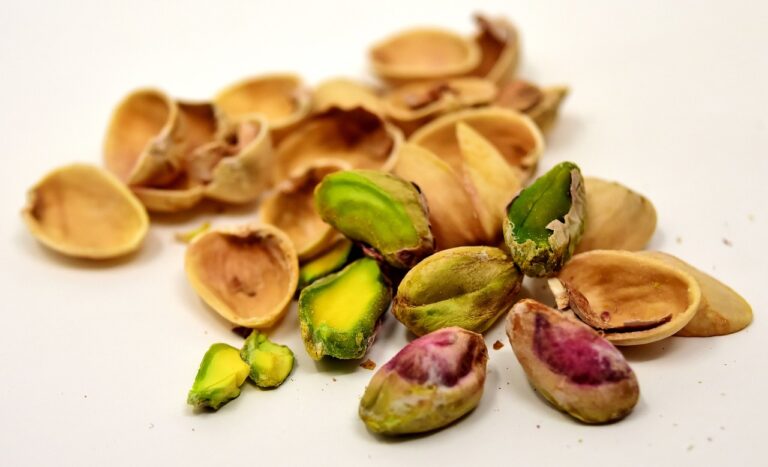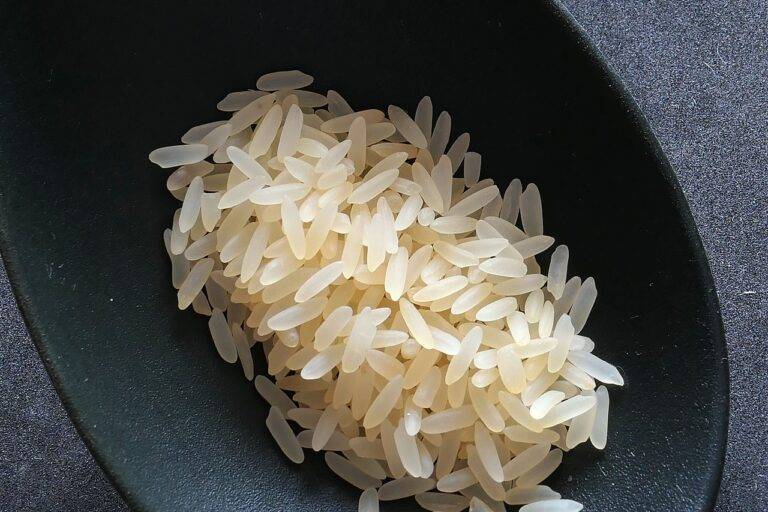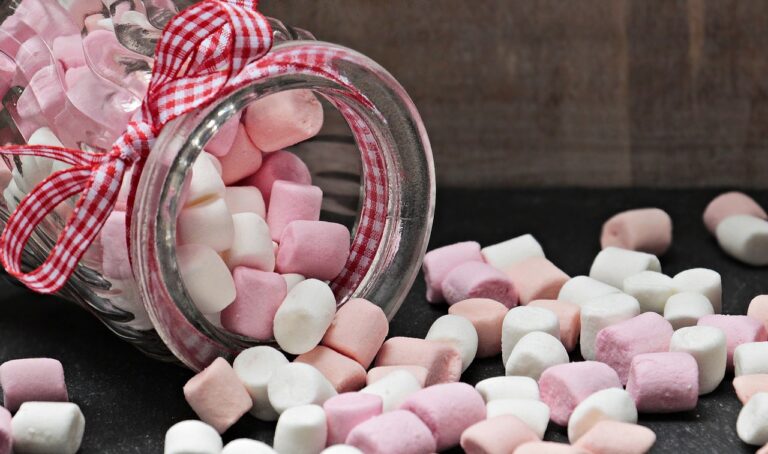A Comparative Analysis of Cold-Pressed vs. Centrifugal Juicing Methods: 11xplay reddy login id and password, King567 signup, Skyinplay exchange
11xplay reddy login id and password, king567 signup, skyinplay exchange: Cold-pressed and centrifugal juicing methods are two popular ways of extracting juice from fruits and vegetables. While both methods have their own pros and cons, there are significant differences between the two that can impact the quality, taste, and nutritional value of the juice produced. In this article, we will compare and contrast cold-pressed and centrifugal juicing methods to help you make an informed decision on which method is best for your juicing needs.
What is Cold-Pressed Juicing?
Cold-pressed juicing involves slowly extracting juice from fruits and vegetables by crushing and pressing them. This method uses a hydraulic press to extract juice without generating heat, which helps preserve the natural enzymes, vitamins, and minerals present in the produce. Cold-pressed juice is known for its vibrant color, rich flavor, and high nutritional content.
What is Centrifugal Juicing?
Centrifugal juicing, on the other hand, involves using a fast-spinning blade to shred fruits and vegetables into a pulp, which is then spun at high speeds to separate the juice from the pulp. This method is quick and convenient, making it popular among home juicers. However, the high speed of the blade can generate heat, which may degrade the nutritional value and flavor of the juice produced.
Comparative Analysis of Cold-Pressed vs. Centrifugal Juicing Methods
1. Nutritional Value
One of the main differences between cold-pressed and centrifugal juicing methods is the nutritional value of the juice produced. Cold-pressed juice is often considered to be more nutritious because it retains more of the vitamins, minerals, and enzymes present in the produce. The slow extraction process helps preserve the nutrients, resulting in a juice that is rich in flavor and health benefits.
On the other hand, centrifugal juicing may lead to some nutrient loss due to the heat generated by the high-speed spinning blade. While centrifugal juicers are still able to produce a healthy juice, the nutrient content may be slightly lower compared to cold-pressed juice. If you are looking to maximize the nutritional value of your juice, cold-pressed juicing may be the better option for you.
2. Taste and Flavor
Another important factor to consider when choosing between cold-pressed and centrifugal juicing methods is the taste and flavor of the juice produced. Cold-pressed juice is known for its vibrant color, fresh taste, and intense flavor. The slow extraction process helps preserve the natural flavors of the produce, resulting in a juice that is rich and delicious.
Centrifugal juicing, on the other hand, may produce a juice that is slightly less flavorful due to the heat generated during the extraction process. The high-speed spinning blade can also introduce more oxygen into the juice, which may lead to oxidation and a shorter shelf life. If you prioritize taste and flavor, cold-pressed juicing may be the better choice for you.
3. Yield and Efficiency
When it comes to yield and efficiency, centrifugal juicing is generally faster and more convenient compared to cold-pressed juicing. Centrifugal juicers can process fruits and vegetables quickly, making them a great option for busy individuals who want to enjoy fresh juice on the go. However, centrifugal juicers may produce slightly less juice compared to cold-pressed juicers, as some of the juice may remain in the pulp.
Cold-pressed juicing, on the other hand, may take longer and require more effort due to the slow extraction process. However, cold-pressed juicers are able to extract more juice from the produce, resulting in a higher yield. If you are looking to maximize the amount of juice produced, cold-pressed juicing may be the better option for you.
4. Oxidation
Oxidation is a process that occurs when fruits and vegetables come into contact with oxygen, leading to a loss of nutrients and a shorter shelf life. Cold-pressed juicing is known for producing juice with minimal oxidation, as the slow extraction process helps preserve the natural enzymes and nutrients in the produce. This results in a juice that is fresher, healthier, and longer-lasting.
Centrifugal juicing, on the other hand, may lead to more oxidation due to the high-speed spinning blade and the introduction of more oxygen into the juice. This can result in a juice that is less nutritious and has a shorter shelf life. If you are looking to maximize the freshness and health benefits of your juice, cold-pressed juicing may be the better option for you.
5. Cost
When it comes to cost, centrifugal juicers are generally more affordable compared to cold-pressed juicers. Centrifugal juicers are widely available in stores and online, with prices ranging from $50 to $200 depending on the brand and features. Cold-pressed juicers, on the other hand, tend to be more expensive, with prices ranging from $200 to $600 or more for high-end models.
While centrifugal juicers may be more budget-friendly, it is important to consider the long-term benefits of cold-pressed juicing, such as higher nutritional value, better taste, and longer shelf life. If you are serious about juicing and want to invest in a high-quality juicer that will produce the best results, a cold-pressed juicer may be worth the investment.
6. Cleanup
Cleanup is another factor to consider when choosing between cold-pressed and centrifugal juicing methods. Centrifugal juicers are known for being quick and easy to clean, as most parts can be removed and washed in the dishwasher. This makes centrifugal juicers a convenient option for individuals who want to enjoy fresh juice without the hassle of a complicated cleanup process.
Cold-pressed juicers, on the other hand, may require more time and effort to clean due to the slow extraction process and multiple components involved. Some cold-pressed juicers have more parts that need to be disassembled and washed by hand, which can be time-consuming. If you prioritize convenience and easy cleanup, a centrifugal juicer may be the better option for you.
FAQs
1. Which juicing method produces more juice?
Cold-pressed juicing typically produces more juice compared to centrifugal juicing, as the slow extraction process is able to extract more juice from the produce. This results in a higher yield and more juice for your money.
2. What is the shelf life of cold-pressed juice?
Cold-pressed juice has a longer shelf life compared to centrifugal juice, as the minimal oxidation helps preserve the nutrients and flavor of the juice. Cold-pressed juice can typically last 3-5 days when stored in the refrigerator.
3. Can I use a centrifugal juicer for leafy greens?
Centrifugal juicers are not as efficient when it comes to juicing leafy greens, as the high-speed spinning blade may not extract as much juice from the greens. If you plan to juice a lot of leafy greens, a cold-pressed juicer may be a better option.
4. Are cold-pressed juicers worth the investment?
While cold-pressed juicers may be more expensive compared to centrifugal juicers, the higher nutritional value, better taste, and longer shelf life of the juice produced may make them worth the investment for serious juicers.
In conclusion, both cold-pressed and centrifugal juicing methods have their own advantages and disadvantages. Cold-pressed juicing is known for producing juice that is more nutritious, flavorful, and longer-lasting, while centrifugal juicing is faster, more convenient, and more budget-friendly. Ultimately, the best juicing method for you will depend on your priorities and juicing goals. Whichever method you choose, incorporating fresh juice into your diet can be a great way to boost your health and well-being.

